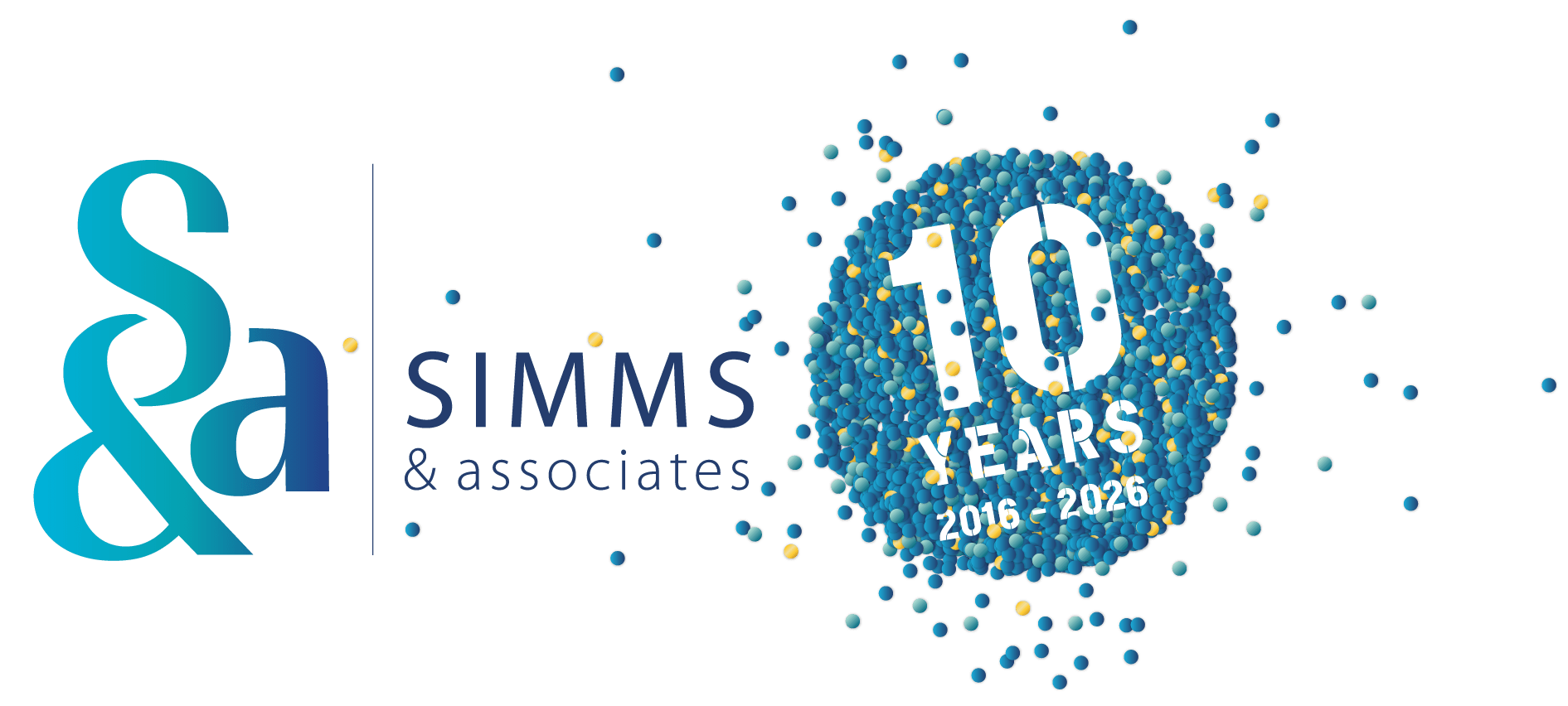Let’s be honest—when someone says “AI,” most people either picture robots taking over the office or someone in IT getting far too excited about algorithms. But agentic AI? Now that’s a conversation worth having (preferably with a strong coffee in hand).
I’ve been listening to the McKinsey podcast “The Future of Work is Agentic”, and it got me thinking: what does this all mean for the people at the heart of HCM and WFM?
Turns out, quite a lot.
What on earth is agentic AI?
In plain English: generative AI is that helpful friend who waits to be asked. Agentic AI is the one who’s already unloaded the dishwasher, drafted the emails, and booked your meetings—before you’ve even opened your laptop.
In our world, that means automating tasks like CV screening, interview scheduling, rota building, and even surfacing coaching opportunities. Not to replace people—but to give them back the time and energy to do what only people can do.
But here’s the important bit…
We’re not replacing people. We’re freeing them up.
I’m a big advocate for moving tasks—but not relationships—to automation. Yes, agents can process expense approvals, organise rotas, and summarise performance reviews. But they shouldn’t replace genuine interactions. McKinsey experts caution that even Gen‑Z candidates often prefer a live call for simplicity and reassurance.
Ultimately, what matters is trust, empathy, and a personal touch. Agentic AI may handle the mechanics, but it’s humans who build the bonds—with team members, customers, and frontline colleagues.
How we see this at Simms & Associates
We’re not just watching the AI wave—we’re helping our customers ride it (without falling off dramatically).
At Simms & Associates, we support customers through every step of HCM and WFM transformation—bringing in the right tech, managing the change, and keeping people at the centre of it all.
Here’s what we believe:
- Automate the admin, not the empathy. Let AI take the load—so your teams can take the lead.
- Support your people through the shift. Change isn’t a switch you flick—it’s a journey. We help customers walk through it with confidence and care.
- Tech with a purpose. We’re not into “AI for AI’s sake.” We focus on tools that make a real difference—including our very own solution…
Say Hello to Kwenta Predict
Kwenta Predict is our answer to customers asking: “How do we actually use AI to improve workforce planning?”
It spots behavioural patterns across your workforce—helping you surface early signs of burnout, frustration, or disengagement. Think of it as a smart nudge engine, giving managers the heads-up before small issues become big problems.
It’s AI that works in the background—quietly identifying when someone might need a check-in, a change, or a bit of extra support—so your teams can lead with empathy, not just instinct.
Why now?
Because this shift is already underway. Your people are experimenting with AI tools. HR leaders are talking about digital teammates. And the admin is piling up.
We’ve got a chance to make work feel better—for HR, operations, and especially for our frontline colleagues who’ve had a rough few years.
The future we’re building with our customers
Imagine this:
- Interviews are scheduled before you finish your tea.
- Training is tailored, onboarding is seamless, and your ops team isn’t drowning in spreadsheets.
- Your dashboards light up with real-time alerts—flagging that someone’s vacation request was rejected (again), or that a team member’s clocked too much overtime this month.
- Operations run smoothly, and your frontline staff focus on customers—not clicking buttons.
That’s not a dream. That’s where we’re heading—with the right tools and the right support.
Our north star? Keep it personal, keep it purposeful
AI might be clever, but it can’t build trust, spark creativity, or sense when someone’s having a tough day. That’s still on us—and always will be.
So yes, we’re leaning into AI. Boldly, thoughtfully, and with the people using it at the centre of every decision.
Let’s use AI to take care of the tasks, so your people can take care of what matters.
Love,
Amanda
